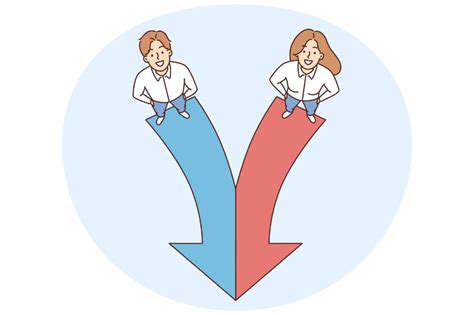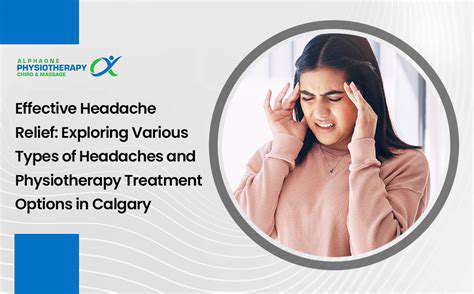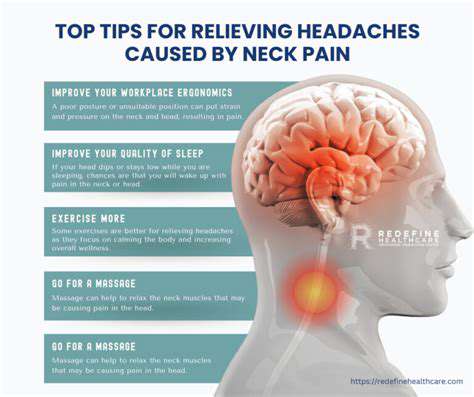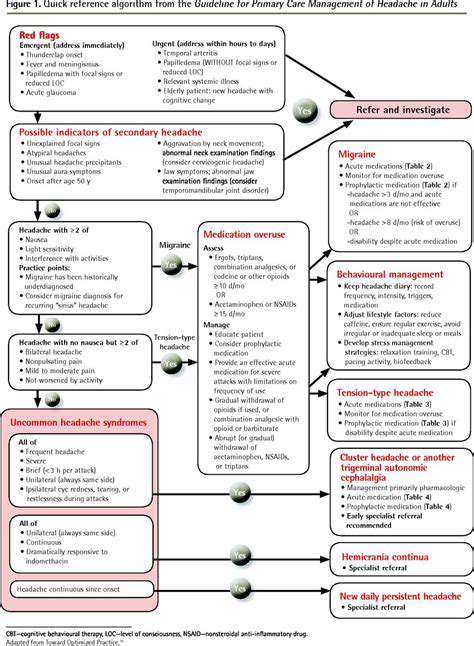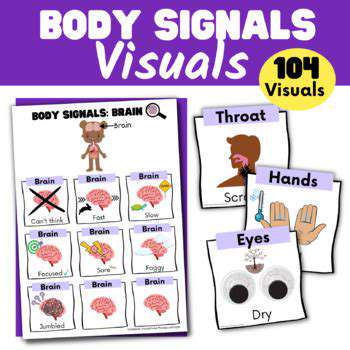Can Hypnotherapy Help Manage Migraine Pain?
Understanding Migraine Pain
Migraine headaches are far more than just a bad headache—they're a neurological storm that disrupts daily life. The pounding, one-sided pain often arrives with unwelcome companions: nausea, vomiting, and extreme sensitivity to light and sound. Some people even experience strange visual disturbances called auras. What makes migraines particularly frustrating is how personal they are—what triggers one person's attack might not bother someone else at all. This individuality makes finding the right treatment approach essential.
The Role of Stress and Lifestyle Factors
Ever noticed how migraines tend to strike at the worst possible times? That's often stress at work. Whether it's a looming deadline or personal drama, emotional tension frequently opens the door to migraine attacks. But it's not just psychological stress—skipping meals, pulling all-nighters, or even sleeping too much can all trigger that familiar throbbing pain. Food plays a surprising role too—that morning coffee you missed or certain cheeses might be secretly plotting against you. Building healthy routines around sleep, meals, and relaxation techniques can create a powerful defense against these attacks.
The Neuroscience of Migraine
Scientists are still piecing together the migraine puzzle, but they've identified some key players. It starts with electrical and chemical changes in the brain that affect both nerves and blood vessels. These changes release inflammatory substances that essentially turn up the volume on pain signals. Understanding this biological process helps explain why migraine isn't just in your head—it's a real physiological event with measurable changes in brain function. This knowledge is transforming how we approach treatment, moving beyond simple pain relief to target the root causes.
Conventional Treatments for Migraine
When migraine strikes, most people reach for familiar pain relievers—from over-the-counter options to prescription medications. These can help manage the pain and accompanying symptoms like nausea. For frequent sufferers, doctors might recommend daily preventive medications. But here's the catch: these solutions don't work for everyone, and some come with unpleasant side effects that make long-term use challenging. This treatment gap has many migraine sufferers searching for alternatives that address their unique needs.
Exploring Alternative Therapies: Hypnotherapy
Imagine being able to dial down your migraine pain through focused relaxation and mental imagery. That's the promise of hypnotherapy—a technique that taps into the powerful connection between mind and body. By accessing the subconscious, hypnotherapy helps identify and modify stress responses and thought patterns that might trigger attacks. It's particularly effective when combined with other approaches, creating a comprehensive migraine management plan tailored to the individual.
Hypnotherapy and Pain Management
The mind's ability to influence pain perception is remarkable, and hypnotherapy harnesses this power. Through deep relaxation techniques, patients learn to reinterpret pain signals and develop coping strategies. Many report not just reduced pain intensity, but also decreased stress and improved overall wellbeing. This mind-body approach offers something many medications can't—a way to actively participate in your own healing process. For those seeking a drug-free option or needing to supplement their current treatment, hypnotherapy presents an intriguing possibility.
Just as humans suffer from food sensitivities, our canine companions can develop troubling allergies. These often show up as itchy skin or digestive upset, with common triggers including everyday ingredients like beef, chicken, and wheat. Working with a veterinarian is crucial—they can help identify problem foods and design a nutritionally complete elimination diet that keeps your dog healthy and comfortable.
Effectiveness and Evidence for Hypnotherapy in Migraines
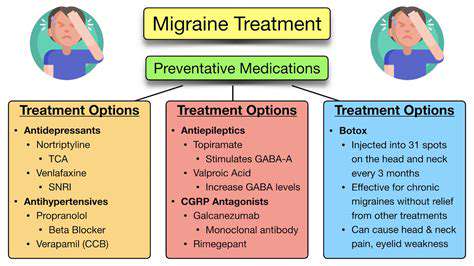
Understanding Hypnotherapy
Hypnotherapy might conjure images of stage shows, but the clinical reality is quite different. This therapeutic approach guides patients into a deeply relaxed state where they become more open to positive suggestions. Far from losing control, patients remain fully aware—they're simply accessing a mental state where change becomes easier. This makes hypnotherapy particularly effective for addressing issues rooted in subconscious patterns.
The Science Behind Hypnotherapy
Modern brain imaging reveals fascinating insights about hypnosis. During sessions, areas of the brain involved in focus and imagination become highly active, while those handling critical judgment quiet down. This unique brain state allows for remarkable changes—some patients can even undergo dental procedures without anesthesia. The autonomic nervous system responds too, with measurable reductions in stress hormones and physical tension that contribute to migraine development.
Effectiveness in Specific Conditions
Research consistently shows hypnotherapy's value for anxiety management, with many patients reporting lasting improvements. The technique helps reframe anxious thoughts while teaching practical relaxation skills. For pain conditions, studies demonstrate that hypnosis can reduce discomfort by 30-50% in many cases—a significant benefit for chronic sufferers. Migraine patients often experience fewer and less intense attacks after learning self-hypnosis techniques they can use at home.
Evidence-Based Practices
Today's hypnotherapy isn't based on guesswork—it's grounded in neuroscience and rigorous clinical research. Organizations like the American Psychological Association recognize its effectiveness for pain, anxiety, and habit change. What's particularly exciting is how research continues to expand, with new studies exploring applications from irritable bowel syndrome to post-surgical recovery. This growing evidence base gives both patients and healthcare providers confidence in hypnotherapy's legitimacy.
The Role of the Hypnotherapist
A skilled hypnotherapist acts as both guide and coach, creating customized sessions based on each client's needs and goals. They combine therapeutic expertise with an understanding of hypnotic techniques to facilitate meaningful change. The relationship matters deeply—trust and rapport create the safety needed for effective work. Many therapists also teach self-hypnosis, empowering clients to maintain progress between sessions.
Ethical Considerations in Hypnotherapy
Reputable hypnotherapists adhere to strict ethical guidelines that protect client welfare. Confidentiality is absolute, and clients always retain control—no one can be hypnotized against their will. Perhaps most importantly, ethical practitioners never promise miracles but instead focus on realistic, measurable progress. This professional integrity helps maintain hypnotherapy's growing acceptance in mainstream healthcare.
